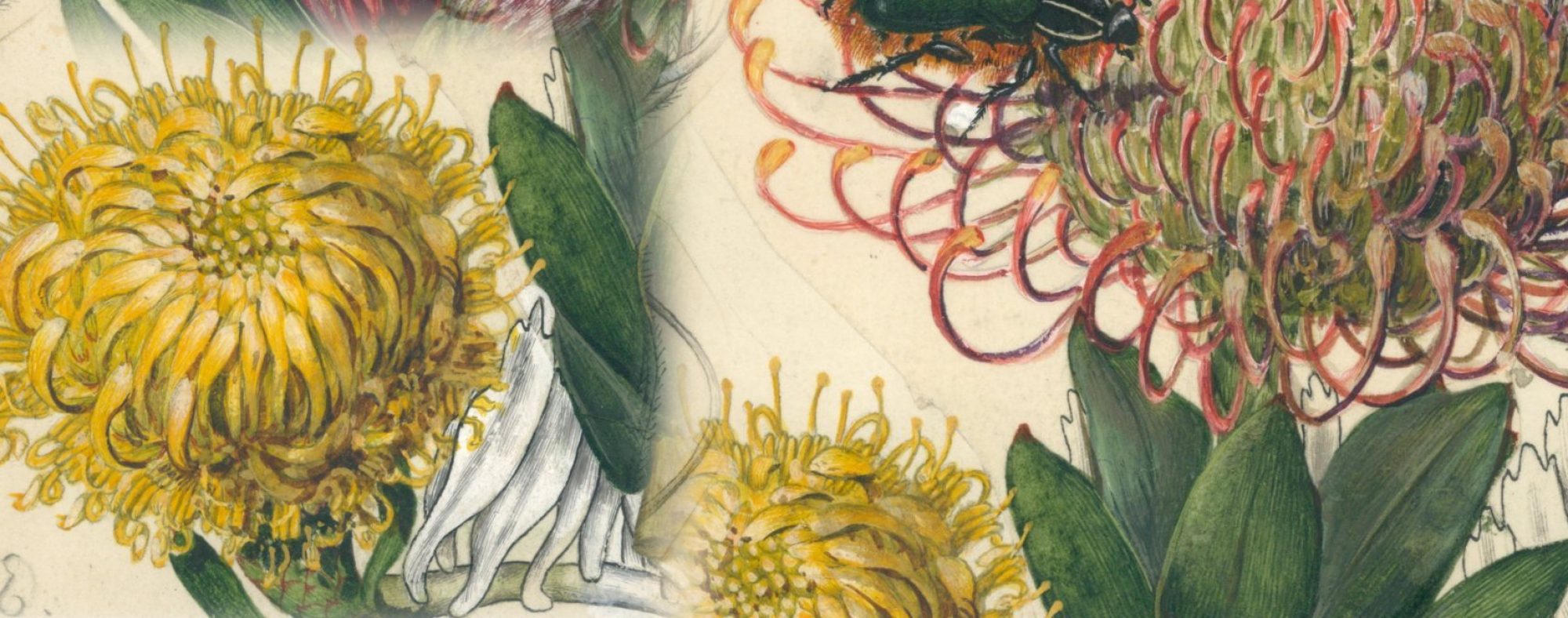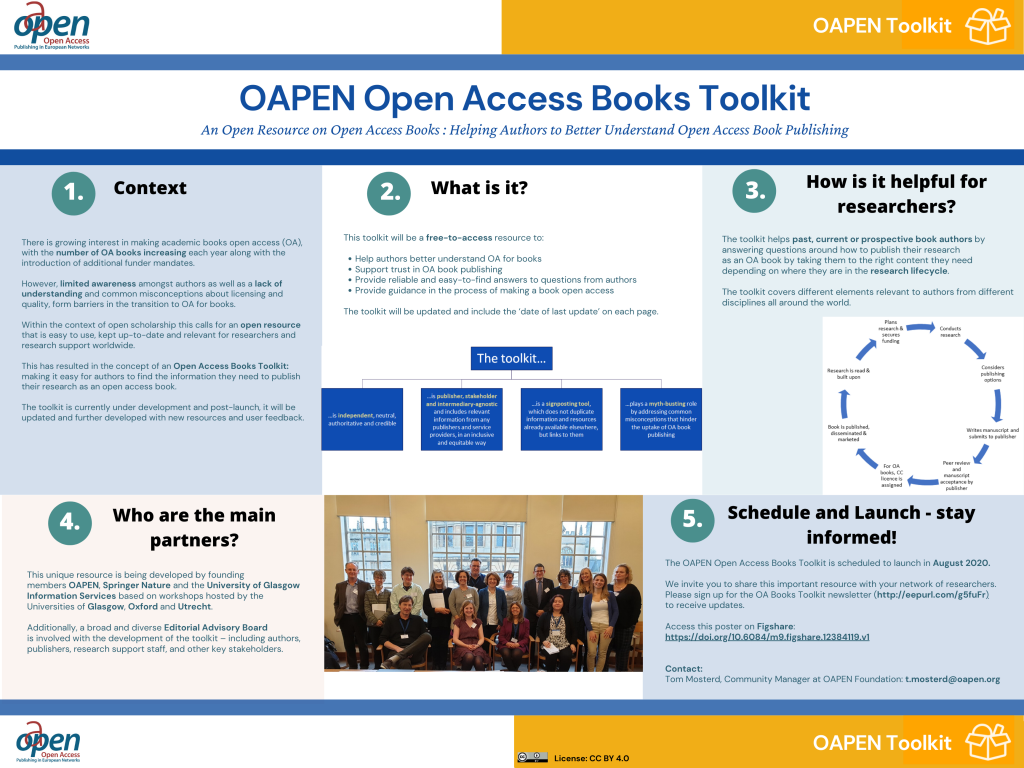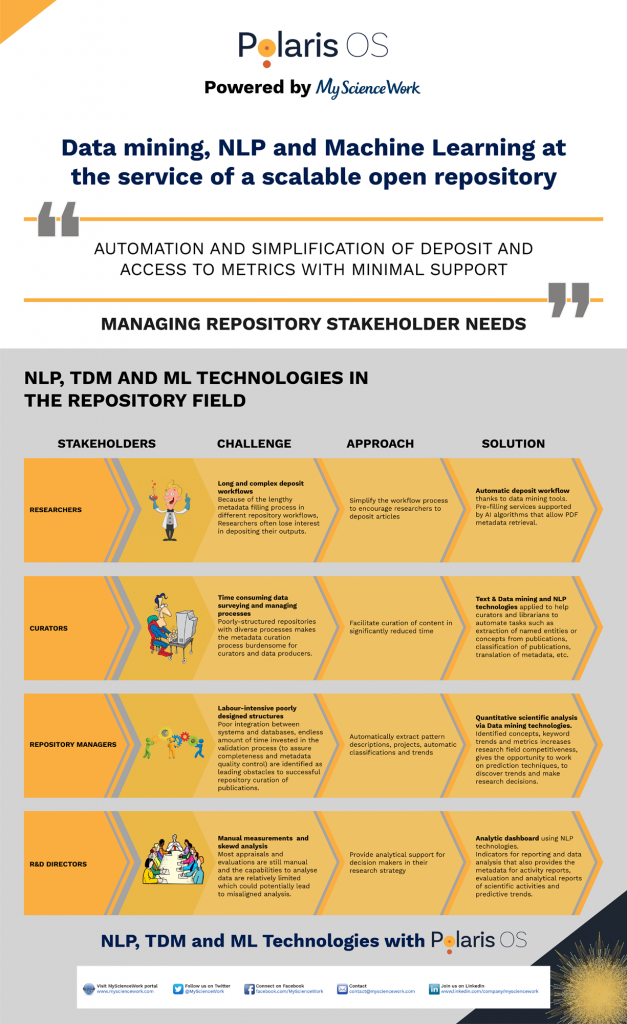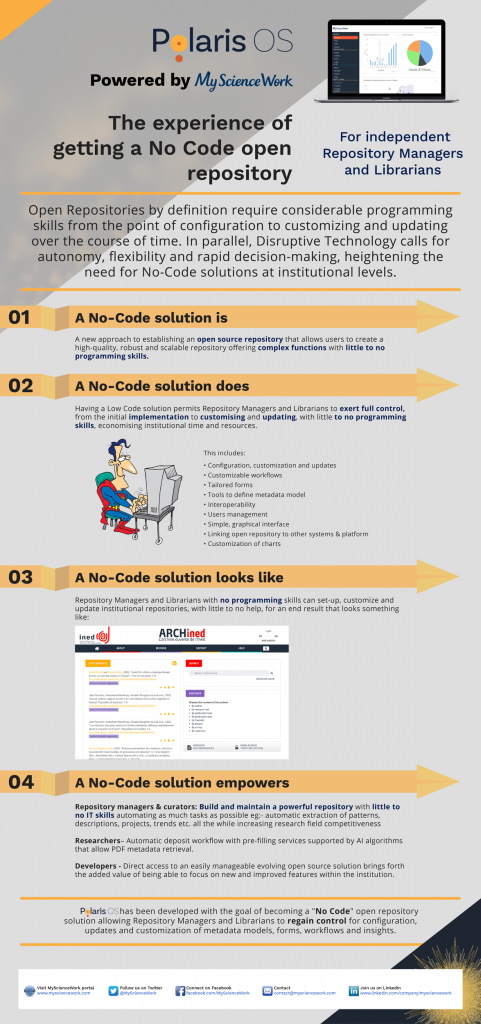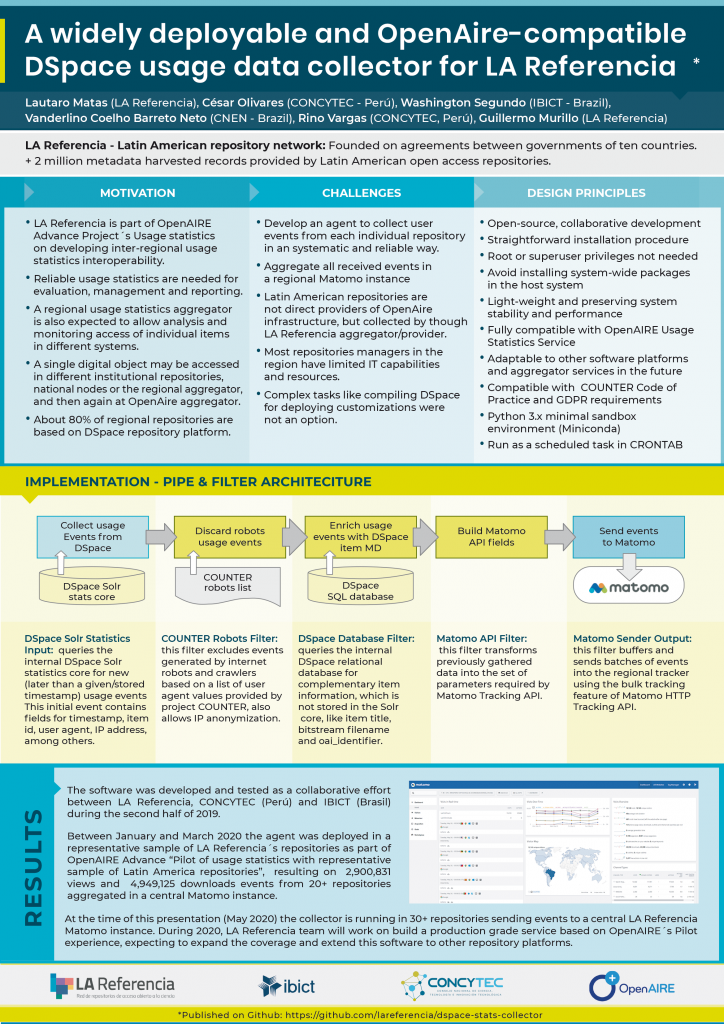This poster is part of the OR2020 Virtual Poster Session which takes place in the week of June 1-5. We encourage you to ask questions and engage in discussion on this poster by using the comments feature. Authors will respond to comments during this week.
Author:
Harish Maringanti
Poster description:
Digital Libraries rely on keywords to make their collections discoverable, and not having keywords is less of an issue for textual collections because of Optical Character Recognition (OCR) capabilities. With visual collections, if item level information is not available, then discovering relevant items becomes a big issue. Creating item level information for visual collections is still a manual process in most cultural heritage institutions. Coupled with collection processing backlog issues, this presents a huge problem for humanities scholars – most of cultural heritage material is still either not available online or difficult to find in online environment. Leveraging existing machine learning tools is one way to address this issue.
Marriott Library received one year funding (July 2018 – June 2019) to explore the feasibility of using machine learning algorithms to generate descriptive metadata for archival images. I will share results of our year-long project along with lessons learned.
(Page through the slides below and click on the full screen window)
About the presenter:
Harish Maringanti is the Associate Dean for IT & Digital Library Services at the J. Willard Marriott Library, University of Utah. He is responsible for advancing Library’s technology initiatives; he was the lead PI on several grant funded projects including the recently concluded Lyrasis Catalyst Fund grant, “Machine Learning meets Library Archives”, to explore feasibility of applying machine learning tools on digital library data. His primary research interests include applications of emerging technologies in digital libraries.
